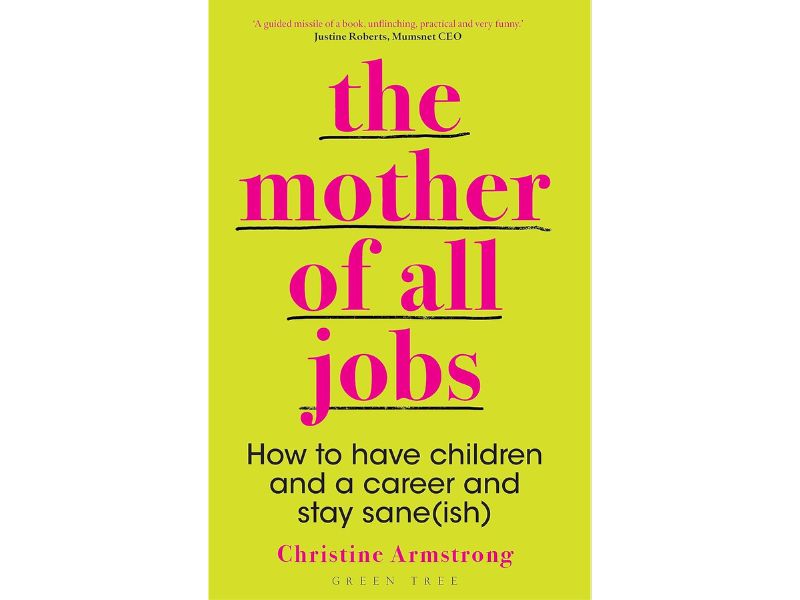Women in midlife have such a lot to offer employers and the world of work. They have skills and experience that have taken years to develop, often while juggling numerous balls. This might be additional responsibilities in their home life, taking on additional projects and responsibilities at work, or volunteering in the community. Their ability to manage multiple activities and the value to organisations of the depth of knowledge is often forgotten during perimenopause and menopause.
Career progression can be a tricky path to navigate for some menopausal women, who often lack confidence and the self-advocacy skills needed for career promotion because of debilitating symptoms and negative stereotypes. Managers may also make assumptions that menopausal women may not want to seek promotion while they are managing disruptive symptoms, which is another barrier to career development.
This self-perception is highlighted in research by an international group of researchers who found that women’s personal experience of menopause can impact their perception of their own capability, which in turn can reinforce negative stereotypes. Thankfully stereotypes are changing slowly with a much more positive image in the media and discussion about how to manage the symptoms of menopause. So, what can be done to support women so they can continue positively in their careers during this time?
Find your tribe
The benefits of women mentoring other women as a group can’t be underestimated. Marcella Allison and Laura Gale talk about network-based mentoring and reciprocal mentoring as powerful alternatives to the traditional ‘guru’ style mentoring model of the past in their article about closing the gender gap. This also provides a safe space for talking about how you are feeling and addressing more personal career matters.
Understand the symptoms in a work context
The most commonly known symptom of menopause is the hot flush. This can be a hugely unpleasant symptom to manage, particularly if you have a job where you have limited control over the workplace temperature. However, research by the University of Nottingham shows that women consider cognitive symptoms such as poor concentration, tiredness, poor memory and feeling low or depressed as being far more disruptive at work.
Although it’s not a medical term, brain fog is a great description of the general fuzziness associated with poor cognitive function and features in the top three most disruptive symptoms from the University of Nottingham research. Being able to concentrate and having a functioning working memory, are crucial parts of being successful for most peoples’ jobs and can impact confidence and the ability to feel comfortable in progressing a career. Having the knowledge that there is a biological reason for brain fog due to the decline of oestrogen, and that it can be supported with HRT or alternative solutions, should provide some confidence that there are solutions, and you are not alone!
Rebuild your confidence by recording your achievements
It’s not surprising that our confidence slips during menopause, but it’s important to remember that menopausal women bring critical skills, knowledge and experience to the workplace built over years. Retention of this crucial talent pool is key to organisations and cannot easily be replaced. Keep a record of what you have achieved at the end of each week noting what, how and the outcome. This helps to recall your achievements for end-of-year conversations, promotions and interviews and gives a much-needed boost to your self-esteem!
Recognising what you need to be successful
We are not all the same and everyone has a different menopause journey. Just because a colleague appears to be nailing their career, menopause journey and home life, doesn’t mean that we will all have the same experience. Actually, I could count on the fingers of one hand the menopausal women I know who have it all nailed, and I know a lot of menopausal women.
Adopting a more flexible approach to your life and accepting regular support through menopause-specific coaching and mentoring as well as career-specific, can help to navigate times when symptoms are troublesome. Women are often less focused on their own needs, often putting other people’s needs ahead of their own, but this is the time to consider what you need and ask for it loud and clear. That may be flexibility in working patterns, support in the home, or other additional responsibilities. Studies show that menopausal women are more likely to experience burnout and worse menopause symptoms when they receive less support.
Remember you are not alone. Half the population are women and will go through menopause at some point. Keep the successes and experiences you have gained in your lifetime at the forefront of your mind.
About the author
Cathy Hastie (FCIPD) is a Social Entrepreneur, HR Director and Author of Menopause Working available on Amazon.









